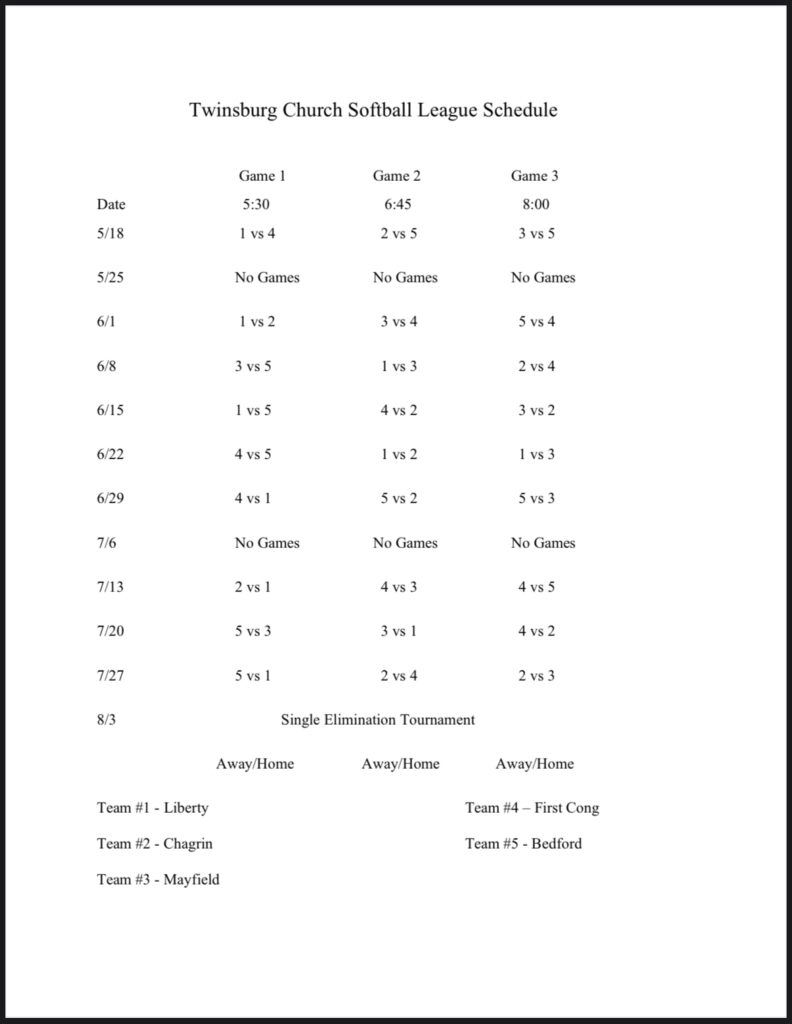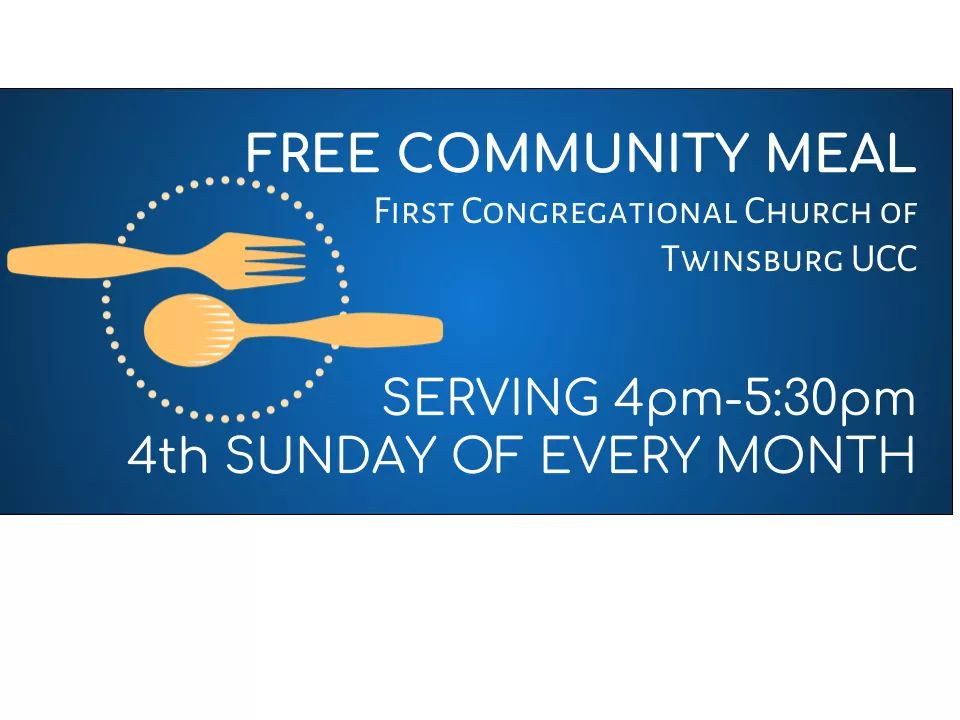For he remembered his holy promise
and Abraham, his servant.
So he brought his people out with joy,
his chosen ones with singing.
Psalm 105:42-43
Has God forgotten about me? That is a question that sometimes troubles us as we struggle with the issues of faith and life. In the Psalm above, the people of God, with the promises to Abraham are in bondage in Egypt. They are considered no more than possessions of the Pharoah. They are given hard labor, hard taskmasters, and even witnessing their children dying. This goes on for many years before Moses is born. Then 80 years later, Moses tells Pharoah, “To let my people go!”
Did God forget about his chosen people for those 400 years in Egypt? No, God did not. But after the years of death, servitude, and suffering, the day of Joy did come. God led them out of Egypt with joy and singing. I think we need this perspective for the trials that we endure. No matter how bad it seems today, the day of joy will come to God’s people. As Jesus was raised from the dead when his trials were complete, God will deliver us with the same power. That is why the Apostle says, “Therefore, my beloved brothers and sisters, be steadfast, immovable, always excelling in the work of the Lord because you know that in the Lord your labor is not in vain.”
Easter joy is not a vain promise. And the promises that keep that joy in front of us, will also keep our hearts and minds immovable in the face of whatever life brings to us.
Pastor Greg
There will be a new member reception in the service on
Pentecost, May 19.
If you would like to be a part of the membership class, please let me know.






